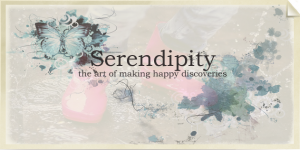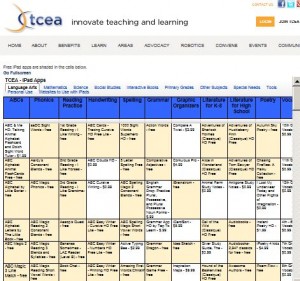Top 10 Webinars from 2012
As the first month of the new year closes, takes one last look back at the best of 2012. These are the Top 10 Webinars from 2012 courtesy of edWeb. edWeb.net began hosting professional learning communities in 2010 with free webinars on key education topics as a model to demonstrate how social networks could be used for technology-enabled collaboration. Today, our platform helps over 45,000 educators learn about quality tools, connect with like-minded educators, and improve the teaching and learning process.
edWeb.net received the 2012 Edublog Award for ‘Best Free and Open Professional Development for Educators.’
These Top 10 Webinars for 2012 were viewed by over 11,000 educators.
Top 10 Webinars for 2012 Catch up on these hot topics by viewing the recordings below
1. Games that Encourage and Enhance Mathematical Reasoning and Sense-Making View the Recording
2. 5 Myths About Learning View the Recording
3. How Schools Are Using iPads to Increase Learning View the Recording
4. Protecting Yourself with Good Documentation View the Recording
5. Put Down Your Pencils and Play View the Recording
6. BYOD Roadmap View the Recording
7. Google Apps in the Library View the Recording
8. Kevin Honeycutt on Inspiring Teachers – Changing Lives View the Recording
9. Free, Fun, and Cool Alternatives to PowerPoint View the Recording
10. Using the Neuroscience of Memory to Optimize Teaching and Learning View the Recording
edWeb provides CE certificates for educators who view their PD webinars. You can expand your professional learning by joining an edWeb community with free webinars. View the current programs.






